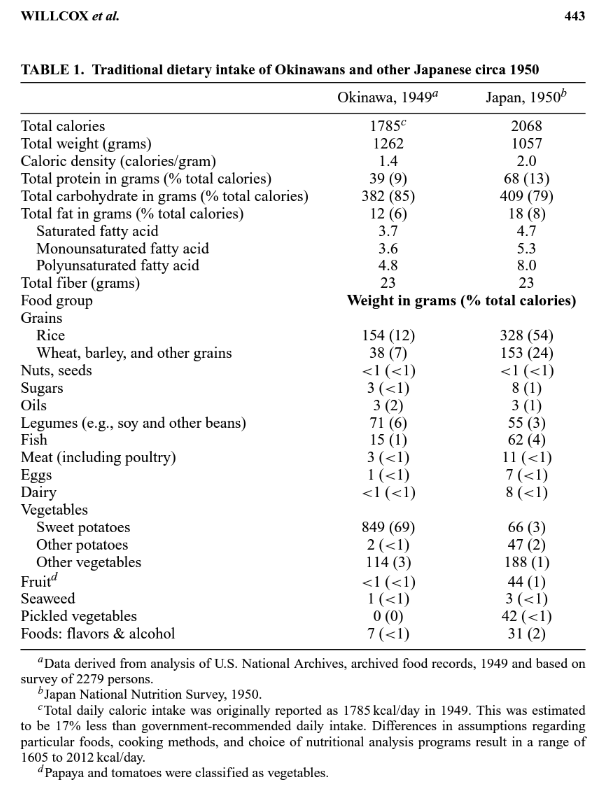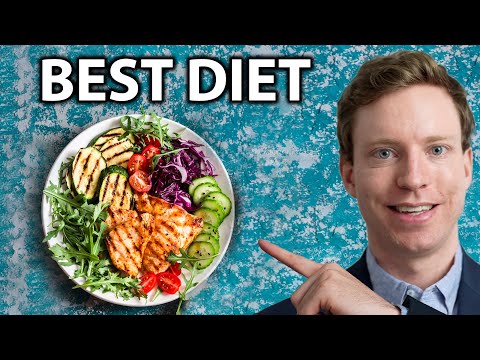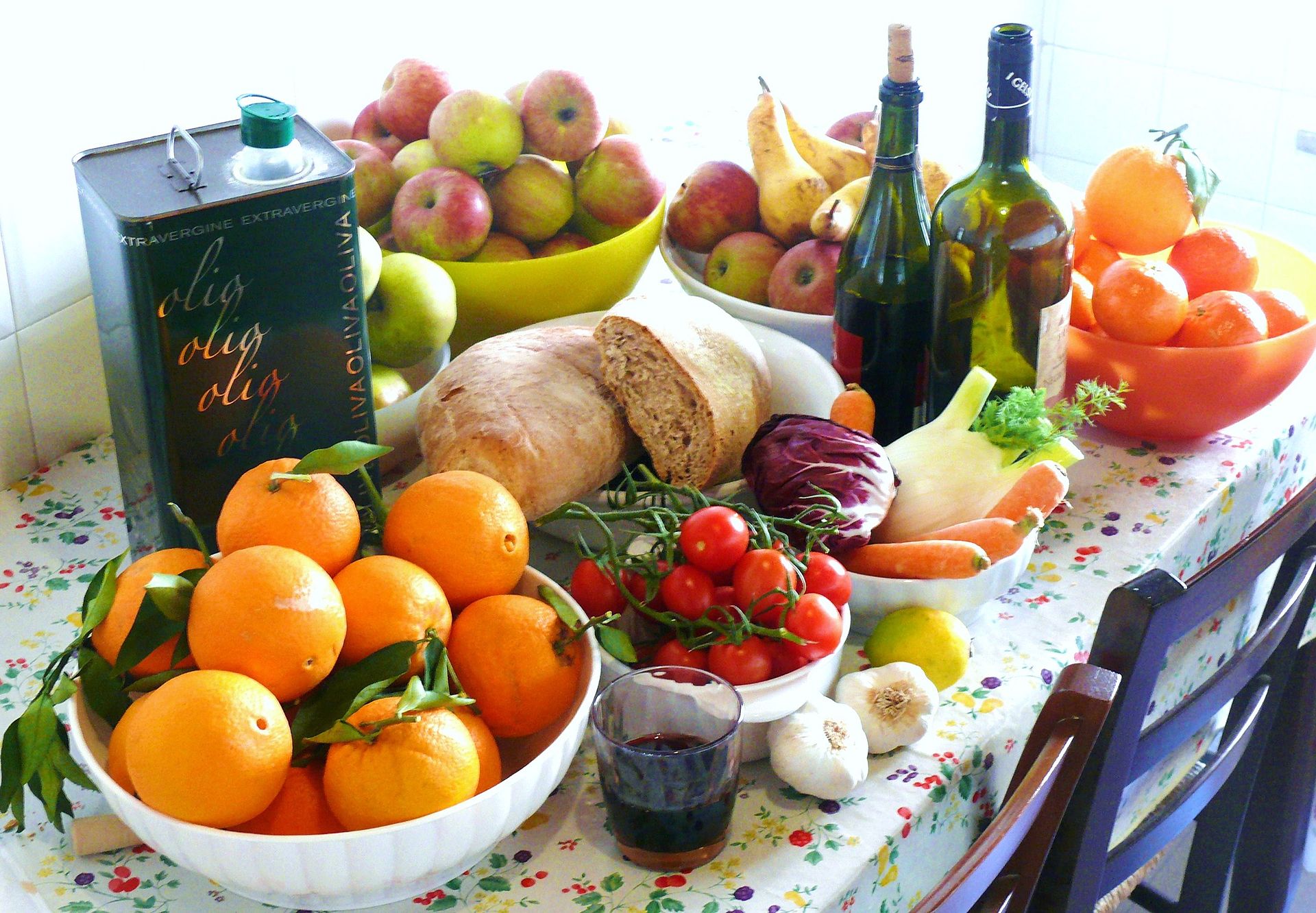Summary: Follow the Mediterranean Diet. The Science studies support this conclusion.
What really is Mediterranean diet? ![]() There is so much diversity from Greece to Spain in foods and diet. @AlexKChen posted this map of Europe in connection with life expectancy. Might be interesting to check the foods and diets in these regions… Probably people have.
There is so much diversity from Greece to Spain in foods and diet. @AlexKChen posted this map of Europe in connection with life expectancy. Might be interesting to check the foods and diets in these regions… Probably people have.
Just some common sense reinforcement here…
Hi CTStan. Do you take empagliflozin due to a diagnosis of type 2 diabetes?
No, the closest I’ve been to T2D was many years at borderline prediabetes.
I take empagliflozin to hopefully benefit from the pleiotropic effects of SGLT2 inhibitors in general and to optimize blood sugar.
It’s defined as the diet in the Med in the 60’s, it was coined by Ancel Keys.
From Wikipedia:
I tried following a version of the diet but my stomach cramped every morning (high fiber/low water).
Going to try using rice instead of whole grain pasta etc. I’m not going to follow it strictly, just try to get more of those foods and use olive oil instead of canola (it isn’t going to be good for lipids, but I can mitigate that in other ways). It was very tasty and I liked it other than that, good olives, olive oil, canned tomatoes, green leafy vegetable mix, lots of salt, etc. Going to supplement with protein powder too.
I agree, I find the evidence for methionine restriction compelling and have also been reducing meat consumption over the last 6 months. I do actually hit 1.5g/kg protein but get the vast majority from Collagen (30% glycine; 2% methioine). If I eat a large serving of meat in the evening my RHR increases and sleep quality decreases.
I think Attia is off the mark on this one.
The study includes people of all lifestyles and dietary habits. Their charts indicate that more meat equals longer life except in Southeast Asia.
Having said that I personally probably eat less meat than the average American.
“Our statistical analysis results indicate that countries with the greater meat intake have greater life expectancy and lower child mortality. This relationship is independent of the effects of caloric intake, socioeconomic status (GDP PPP), obesity, urbanization (lifestyle) and education.”
" the meat and dairy industries (much like the gas/petroleum industry aka Big Oil) have extremely powerful lobbies" – they really don’t. And their lobbying is stunningly ineffective compared to the agriculture industry lobbyists who have convinced everyone, including doctors and dietitians, that refined carbs are better for you than meat, eggs, and dairy.
I think the popular view is that meat, eggs and dairy is better than refined carbs.
Also it depends what type of meat and dairy we’re talking about and what condition.
I don’t see much objectionable about his conclusions. I assume he is wanting a ratio of 3:1 carbs to protein for muscle building and regeneration. I have cut out almost all refined carbohydrates from my diet because I do care about glucose spikes, but I haven’t cut out beans and vegetables that have carbohydrates. His Prolon fast mimicking diet is expensive, but that is when I use because I’m worried about losing lean muscle mass during an extended fast. The interesting thing is that I think a water only fast is easier to do than his program.
Thanks CTStan. Your response is valuable to me. I’m taking sirolimus and acarbose and will now learn about empagliflozin.
Who exactly is supposedly claiming that refined carbohydrates are healthy alternatives to anything? A whole foods plant based diet can entirely exclude refined carbs while minimizing meat/dairy/eggs if one so chooses. It doesn’t have to be one or the other.
It’s dangerous to think that meat and diary is better than refined carbohydrates in ALL cases.
Replacing SFA with carbohydrates, even refined, reduces apoB.
That means for many replacing meat and dairy for refined carbs.
SFA → PUFA and SFA → MUFA replacement is more powerful, but still.
Lots of people dying from heart attacks because of this.
Type 2 diabetes is caused from too much fat in the pancreas.
I’m not convinced that 30% overt fat is the way to go when our actual fatty acid requirements are so low. It’s more palatable, for sure, and if it gets people to eat more vegetables, that’s great. But everyone wants to think that rich, fatty foods are good for them, and anyone who tells them so becomes very popular.
I don’t believe it, for a number of reasons. I grew up with a Mediterranean diet. I visited the Mediterranean as a child where obesity was rampant among the vegetable eaters who doused their vegetables with massive quantities of ultra high phenolic olive oil. So I’m skeptical.
But I do believe in this.

from
https://citeseerx.ist.psu.edu/document?repid=rep1&type=pdf&doi=d60c36654c81af95c02fdf8e428971fab2f392c6
It’s a bit too spartan for me, so I aim for something in between the two extremes.
I am also highly influenced by David Jenkins and his very high fiber diet.
https://www.academia.edu/download/49831900/Effect_of_a_very-high-fiber_vegetable_fr20161024-6581-zcnqgd.pdf
I actually ate like this for decades, but at some point it became intractable due to my job and my aging GI tract. I now take digestive enzymes, pre- and probiotics so it’s more feasible again, but expensive!
Millet grain is good for “everything”. Why isn’t it as popular as rice?
I’m very curious with all of the wonderful input in this thread, what do you all actually eat in a day? It’s been loosely touched on by a few people, but I am quite interested to hear what a typical day of eating looks like for the Rapa forums crew.
My apologies if there is already a thread on this. When I searched I don’t see one offhand.
People just don’t like the taste and baking qualities of many grains.
Taste is the same reason I don’t eat many healthy foods, such as broccoli, because I just don’t like them. I want my meals to be “happy meals.” ![]()
Yes, it’s tough if taste is not likable. I’m lucky I love how most grains taste. My favorite is teff. Love its chocolate color. Also love broccoli. I steam it and sprinkle with olive oil and lemon juice. It cannot be overcooked.
Hey Adam…
I might be an outlier… but here’s a typical run down. I am a heavy protein…natural saturated fats kind of guy.
Breakfast daily: is scrambled eggs with tomatoe, cheese and onions diced in… and 3 slices of bacon. Coffee with a teaspoon each of stevin… honey… creatine and taurine.
Lunch medical cafe… meat… veggies and whole milk.
Dinner on workout ![]() day (every other day) 1 lb. griiled steak, loaded potato (butter, sour cream and cheese)… Two glasses of whole milk.
day (every other day) 1 lb. griiled steak, loaded potato (butter, sour cream and cheese)… Two glasses of whole milk.
Off days chicken or shrimp and broiled veggies-like asparagus. One glass of whole milk.
Snacks … cheese fruits. Whole milk.
No plaque or calcium in Coronary scans… no visceral fat.
Meds include rapamycin 6 mg weekly. TRT 200 mg 1 ml weekly HGH’ 3.3 iu daily… 5mg tadalafil daily, 5mg finesteride daily 5mg minoxidil daily.
And usual supplements zinc, D3, magnesium., K2, calcium… DHEA… etc.

